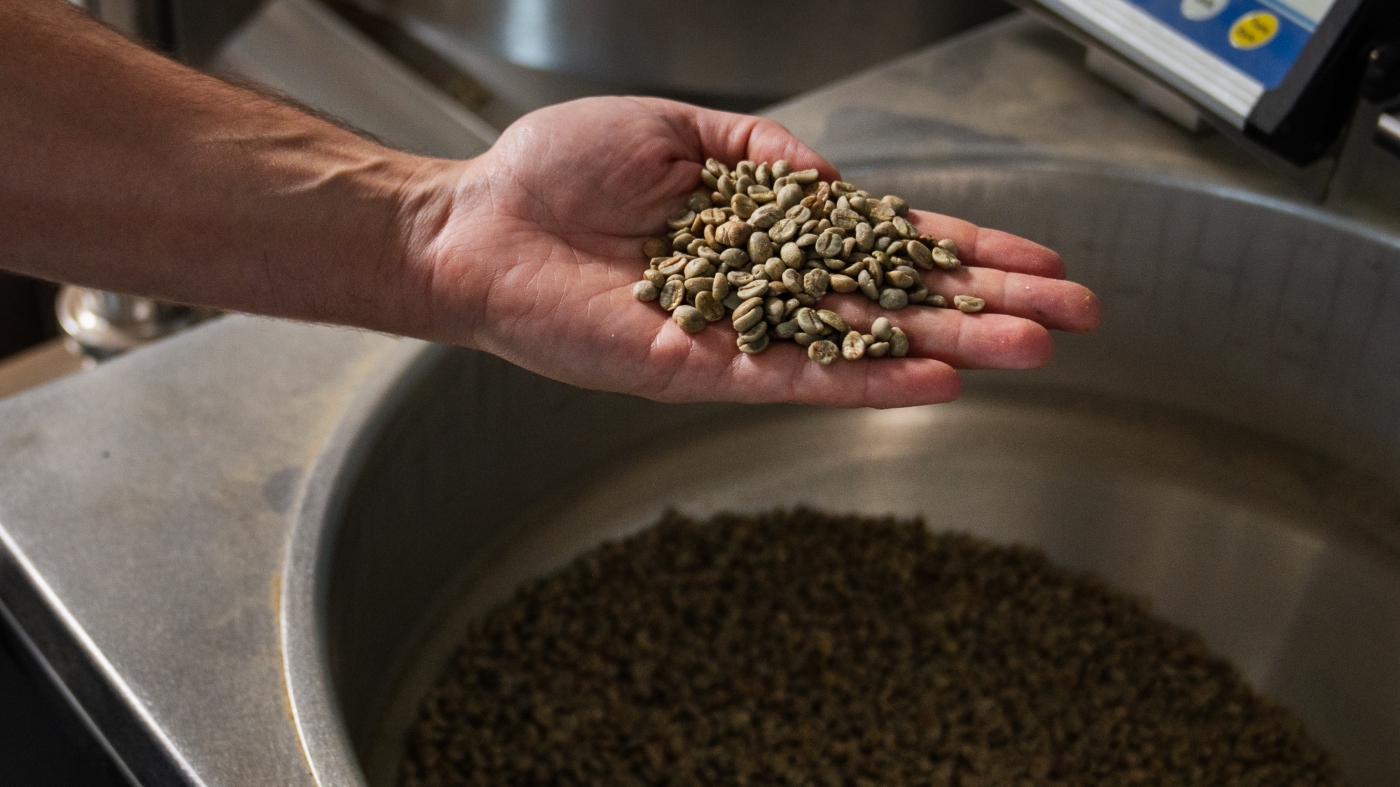At Lost Sock Roasters, a small industrial roastery in Washington, D.C., co-owner Jeff Yerxa says he has become immune to the nutty aroma of roasting coffee after nearly a decade in the business. A more pressing concern, however, has captured his attention: the looming threat of steep tariffs.
Earlier this month, the Trump administration announced plans to levy a 50% tariff on all goods from Brazil. This has sent shockwaves through the U.S. coffee industry, as Brazil is the world’s largest coffee producer and the source of about 30% of all coffee imported into the United States. For small roasters like Lost Sock, the uncertainty is particularly troubling.
“When people go to their local coffee shop, whether it’s Starbucks or something else, by and large they will likely be buying some form of Brazilian coffee,” said Monica de Bolle, a senior fellow at the Peterson Institute for International Economics. “A 50% tariff will kill that market.”
While the tariffs are not set to begin until August 1, industry experts and business owners warn that it is ultimately the consumer who will pay the price. “It’s a massive price impact,” de Bolle stated.
This potential cost increase comes as the market is already grappling with volatility. Roasted coffee prices in the U.S. surged 12.7% in June compared to the previous year, with instant coffee rising 16.3%, according to the Bureau of Labor Statistics. The average retail price for a pound of ground coffee reached $8.13 in June, an increase of more than a dollar since the start of the year.
This inflation is partly due to the COVID-19 pandemic and consecutive low-yield harvests in Brazil, which have been exacerbated by drought, high temperatures, and the broader effects of climate change.
The administration has defended its trade policy as necessary to protect American jobs and renegotiate deals. In Brazil’s case, President Trump also cited political retribution over the treatment of former President Jair Bolsonaro. However, for coffee roasters, this reasoning is unconvincing, as the U.S. does not produce coffee on the scale that Americans consume it.
“It’s a tax on Americans’ mornings,” said Colby Barr, CEO and co-founder of California-based Verve Coffee Roasters.
Jeff Yerxa of Lost Sock Roasters, who runs the company with co-founder Nico Cabrera, worries about the impact on his business, which operates on thin profit margins. “At the end of the day, the consumer is the one that’s going to bear the brunt of it,” he said. “I don’t want to raise prices, but we’re seeing increased costs of 30% on coffee, potentially.”
The proposed tariffs extend beyond Brazil, targeting other major coffee-producing nations such as Vietnam (17% of world production), Colombia (8%), and Ethiopia and Indonesia (6% each).
The complex supply chain means price hikes will not be immediate. Importers first pay the tariff, adding it as a line item on the invoice to roasters like Lost Sock. The roaster then incorporates this increased cost into its wholesale and retail prices. De Bolle estimates that businesses with existing stockpiles may delay price increases for a few months, but consumers buying coffee at grocery stores could feel the impact sooner.
For coffee drinkers like Nika Finkelstein, 27, any further price increase would mean cutting back. “I would just have to reel back on spending money at coffee shops and just make it from home, which I can do — it’s just not as fun,” she said.
Roasters are also hesitant to abandon the long-standing relationships they have built with Brazilian producers. “It feels unfair to pull out of a relationship when the going gets tough,” Yerxa said, indicating he would try to absorb some of the cost.
However, if prices for Brazilian coffee rise, roasters may be forced to seek alternatives, a difficult proposition when other key coffee-producing countries also face tariffs. This leaves business owners with few options and a great deal of uncertainty.
“It’s really, really difficult, and more like impossible, to really prepare for it,” said Barr. “Tariffs don’t help the coffee producer. They don’t help the small- and medium-sized businesses across the country, and they don’t help the consumer. Why are we doing it?”
Source link






